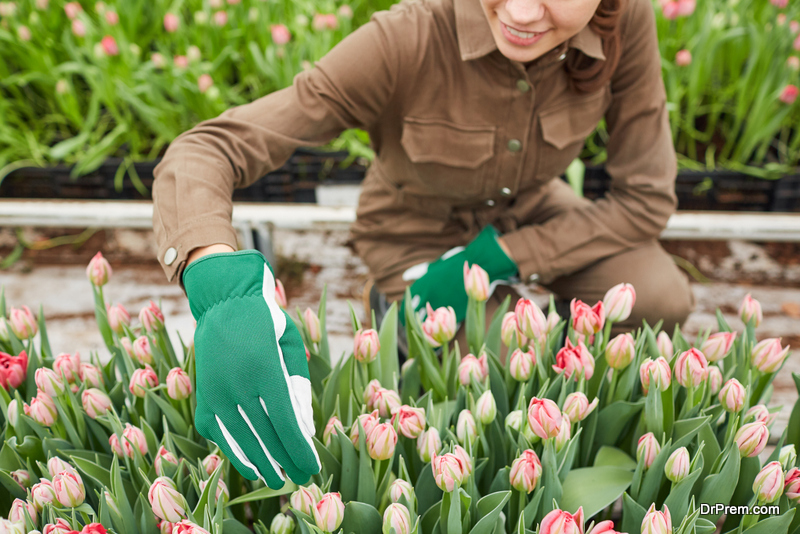Watching the beauty of nature come to life as the summer months approach can be an incredibly satisfying experience, but growing your own plants in an outdoor garden can be as difficult as taking a private jet to Orlando. From dealing with pesky weeds and unwanted pests to finding ways to keep plants and vegetables fresh and growing, these tips will guide you in keeping your garden stunning all year long! Keep reading to learn 3 simple, expert-approved tips for maintaining an outdoor garden.
1. Regularly water your plants to keep them healthy and hydrated
Plants are living organisms that require proper care and attention to thrive. Regular watering is one of the most critical factors in keeping your plants healthy and hydrated. Water plays a crucial role in a plant’s life, as it is responsible for transporting nutrients and minerals throughout its tissues. Neglecting to water your plants can lead to wilting, yellowing, or brown leaves and, ultimately, the death of your plant! It’s essential to make watering a part of your daily routine to ensure your plants get the hydration they need.
2. Remove weeds from your garden bed to help plants grow better
Weeds can be a menace to maintaining a healthy garden bed. They compete with other plants for resources and nutrients, making it difficult for them to grow and thrive. Removing weeds from your garden bed is an essential step if you want your plants to flourish. Not only does it help to minimize the competition for resources, it also ensures that your garden bed looks neat and tidy. With fewer weeds, your plants will have more space and resources to grow bigger and stronger, producing more vibrant blooms and tastier fruits and vegetables.
3. Fertilize your soil with organic compost to provide vital nutrients for the plants
The key to a healthy and thriving garden is to ensure that your soil is equipped with all the nutrients your plants need. One of the most effective natural ways to boost your soil’s quality is using organic compost. Compost is decomposed organic matter that provides plants with vital nutrients, such as nitrogen, phosphorus, and potassium. Soil rich in organic compost can retain more water and vital nutrients that would otherwise be washed away by rain or irrigation. By incorporating compost into your gardening routine, you not only help to reduce waste but also improve your soil quality, leading to healthier plants with more vigorous growth.
Article Submitted By Community Writer




